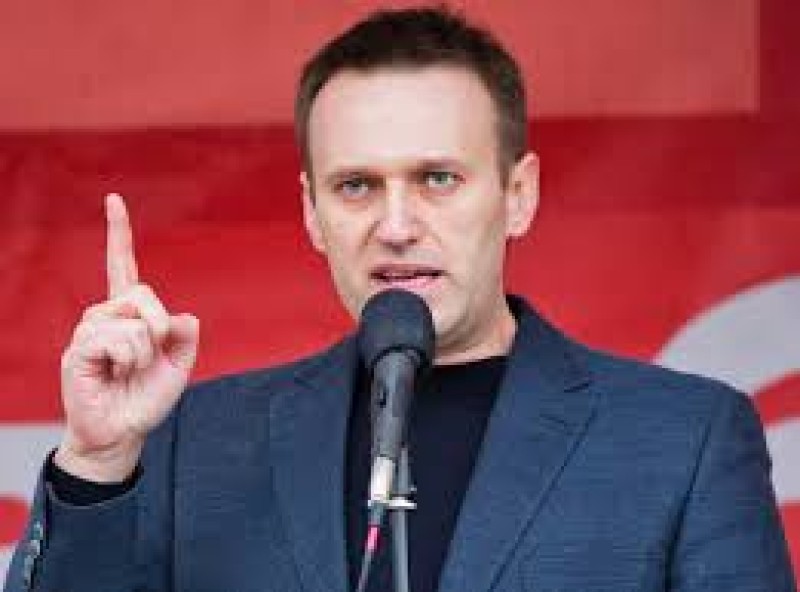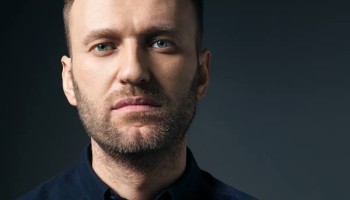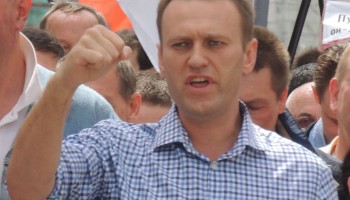The Strasbourg court overturned a Moscow court decision in the so-called Yves Rocher case which found the brothers guilty of defrauding clients MPK and Yves Rocher Vostok of about US$ 500,000 from 2008 to 2012. The Navalny were also accused of laundering the ill-gotten money.
According to a press release put out by the human rights court, the Moscow court found that the brothers' delivery and logistics company GPA failed to fulfill contractual obligations and acted from “motives of personal gain” to resort to subcontractors without their clients' agreement.
Both were sentenced to 3 1/2 years in prison, but Alexey's sentence was suspended while Oleg serves out a sentence in a correctional colony in the Oryol Region. Both denied the charges that they described as politically motivated.
The European court ruled that the Russian court had read the domestic law overly broadly. The two brothers’ business dealings could not have been foreseeably regarded as unlawful.
And they could have not anticipated that the profits derived from their commercial activities would constitute the proceeds of crime the use of which could add up to money laundering.
The court held that the convictions “undermined the fairness of the criminal proceedings in such a fundamental way that it had rendered other criminal procedure guarantees irrelevant.”
In addition, the European court stated that the financial director of Yves Rocher Vostok submitted an internal audit to investigators that showed no damage or loss of profits due to its agreement with GPA.
It considered that GPA had met its obligations as set out in contracts with the two clients and that using subcontractors “appeared to be a common practice in the sector” to which the clients had not objected.
Further, the European court stressed that the “motive of personal gain” was a lawful commercial pursuit since GPA had been set up for profit-making purpose.
Consequently, it ordered Russia to pay nearly US$ 89,000 and US$ 8,000 to the brothers.
“What counts most for us is that the ECHR has found that Article 7 of the Convention for the Protection of Human Rights and Fundamental Freedoms was violated, which happens extremely rarely. This judgment means that the Navalny [brothers] were prosecuted unlawfully, as the actions of which they have been convicted are not a crime,” lawyer Olga Mikhailova told the Kyiv Post.
Russian authorities swiftly issued a statement that they are considering a further appeal.
On Tuesday, Russia's electoral commission reiterated that Alexey is blocked from running in presidential elections until 2028 because of past convictions.





